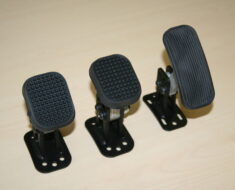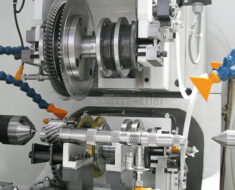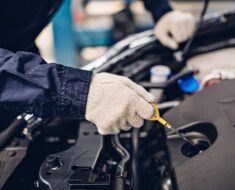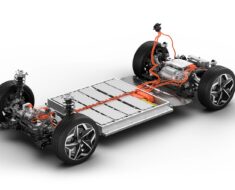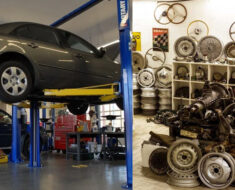From time to time, we encourage ourselves to do that road experience, right? Whether for business or pleasure, there is a list of things to check before making your experience on the avenue. In case you’re wondering, why do I want to check my vehicle before a road trip?’ Well, road trips, especially long ones, can be somewhat hard on your car. A small failure can amplify into negative fundamental components that are expensive to restore. Here are the 6 most important things to check before a road trip.
1. Leaks and hoses
The main issue you need to be aware of is leaks and hoses. If you notice bulges or blisters on any of the hoses, you should update it. This is because bulges and blisters are signs of weakness that exist within the wall of the hoses and can lead to bursts and leaks. Also, make sure all clips are cut tight all the way through the rubber to prevent leaks. Replace any hose that has small leaks.
2. Engine oil and coolant
If you previously turned a blind eye to the oil conversion, then it’s too long ago that you replaced the oil before taking your trip. A drive down the street will put a lot of load and stress on your car’s engine. If your oil is in bad circumstances, it is likely that the engine will not work properly. When changing engine oil and coolant, make sure you are changing with the recommended brand of oil and coolant.
3. Tires
Tires that are in the right condition will give you that much-desired peace of mind while traveling. What are the exact issues you need to test on your car tires? There are two crucial items you don’t want to miss out on. These consist of the threads and the tension on the tires. The threads must be in adequate conditions in order to offer the greatest traction. At the same time, make sure that the pressure in all four tires is adjusted according to the directions written on the driver’s gas filler door.
4. Lighting
Driving without lights is a crime, but what’s worse is that it is very dangerous to drive without lights at night. Start by checking the mandatory lighting. These include tail and side lighting. You should test the headlights, range plate, and headlights, as well as the course signs. Also, make sure your fog lights and hazard warning lights are working optimally.
5. Brakes
Is it that brake fluids can absorb moisture over time? Well, as brake fluids age, they absorb moisture that could corrode the braking component. If you find that your brake fluid has turned to marple syrup, you definitely need to upgrade. Have the brake pads inspected and replace the worn ones.
6. Fuel cap
A fuel cap plays an essential position in the fuel system. It will prevent evaporation, gas spillage and prevent contaminants from entering the gas tank. Make sure your gas cap is securely in place before you start your journey. The good thing is that after your car detects a problem in the gas system, the check engine light comes on. Use an obd2 scanner to turn off the lighting after closing the fuel cap.
